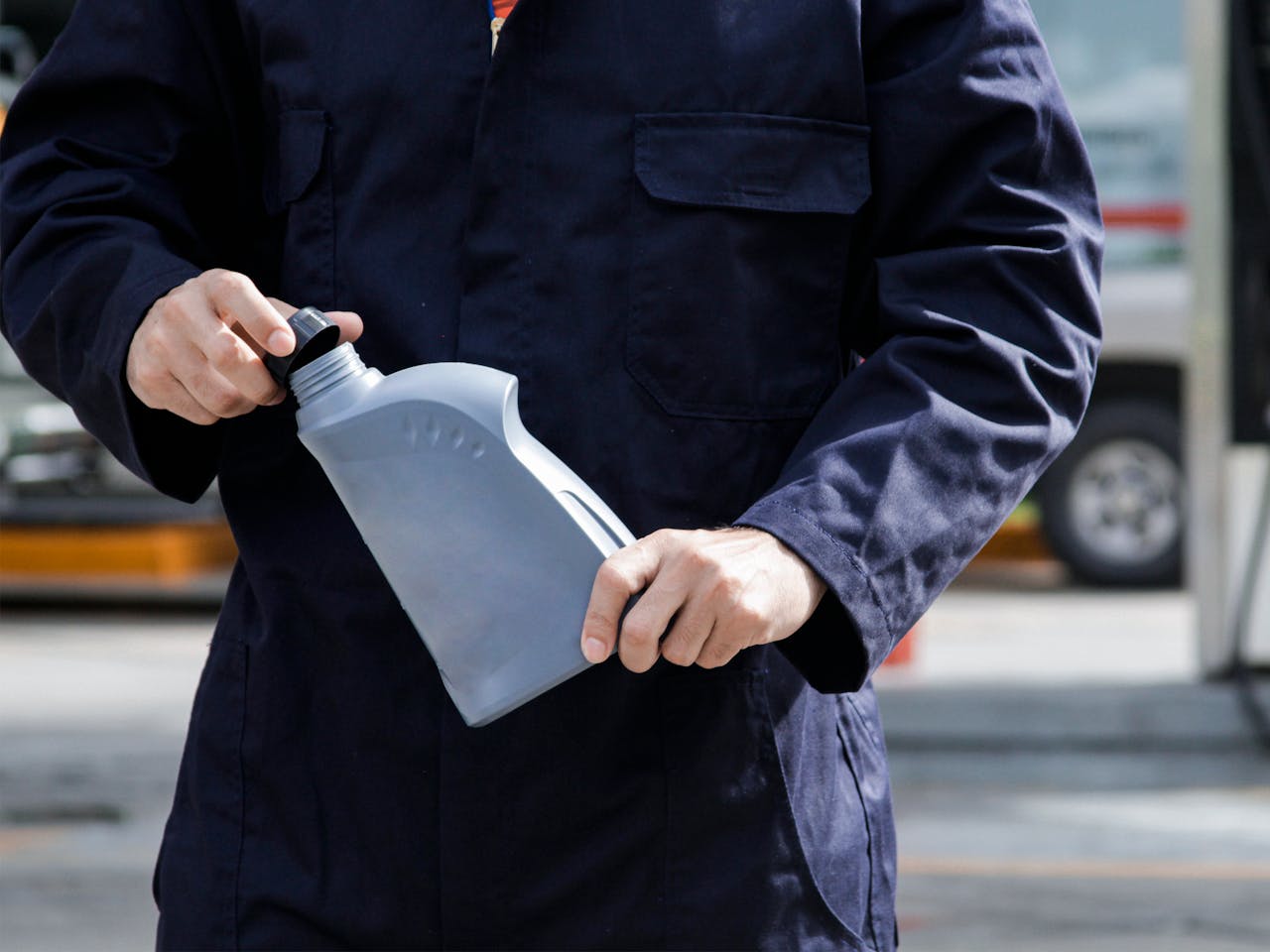

Myanmar's startup ecosystem is coming into its own, as multiple clusters in Yangon flourish and economic conditions in Myanmar as a whole improve. Myanmar climbed six spots in the World Bank's "Doing Business 2020" report to 165th out of 190 nations after implementing a mandatory online service for registering a company and lowering incorporation fees, among other steps.
Loring Harkness, CEO of Mote Poh, a Yangon-based startup that allows businesses to offer employees bonuses and discounts payable through a mobile app, told OBG that revisions to the Myanmar Companies Law of 2017 created positive changes. Since August 2018, private corporations may have only one investor and one director, instead of two, and foreign-owned firms, for example, are no longer required to meet compensated capital ratios. However, the inability to provide foreign workers with visa security continues to be a barrier to attracting worldwide talent.

Due to Myanmar's startup ecosystem's status as the world's "last frontier," investors began to consider Myanmar. This, however, has not had a significant impact on the success of the local startup system. Entrepreneurs, talent, investment, and regulatory backing are required for every startup ecosystem to succeed.
Furthermore, ecosystem developers are also playing an important role in the development of Myanmar's startup ecosystem. The Phandeeyar Tech Accelerator was established in 2016. These developments will continue as the future of startups in Myanmar has been showing great potential for investments and innovations.
The country’s startup landscape, like most of the economy, is funded by foreign donors, development programs, and venture capital. In April 2019, the Netherlands-based NGO ICCO Cooperation and DaNa Facility, a UK Department for International Development-funded program, announced a 1 million US dollar grant in Phandeeyar's accelerator and a different business project.
Myanmar's startup ecosystem will only increase in size as the country's middle class develops, internet and payment technology improve, young company founders gain experience, and Myanmar professionals return from abroad with funds and know-how to aid in the country's local growth.

SEA Cryptocurrency Regulations and Policies
Navigating SEA's cryptocurrency regulations requires a nuanced understanding of the regulatory landscape, adoption trends, and influencing factors.

Opportunities in Digitalization App for Automotive Lubricant Market in SEA
The automotive lubricant market in Southeast Asia is at the cusp of a digital revolution. Stakeholders can anticipate a continued surge in digitalization applications for the lubricant market, aimed at driving efficiency, enhancing customer experiences, and championing sustainability initiatives. Key themes such as e-commerce, data analytics, IoT integration, personalized experiences, and sustainability are poised to shape the industry's trajectory, providing opportunities for innovation and growth.

The Transformation of Myanmar's Garment Industry
Myanmar's garment industry has undergone substantial expansion and change in recent years. Learn more about the latest developments in the sector.

The Development of Agriculture in Myanmar
Learn more about the latest advancements in Myanmar’s agriculture sector as the industry continues to mature.